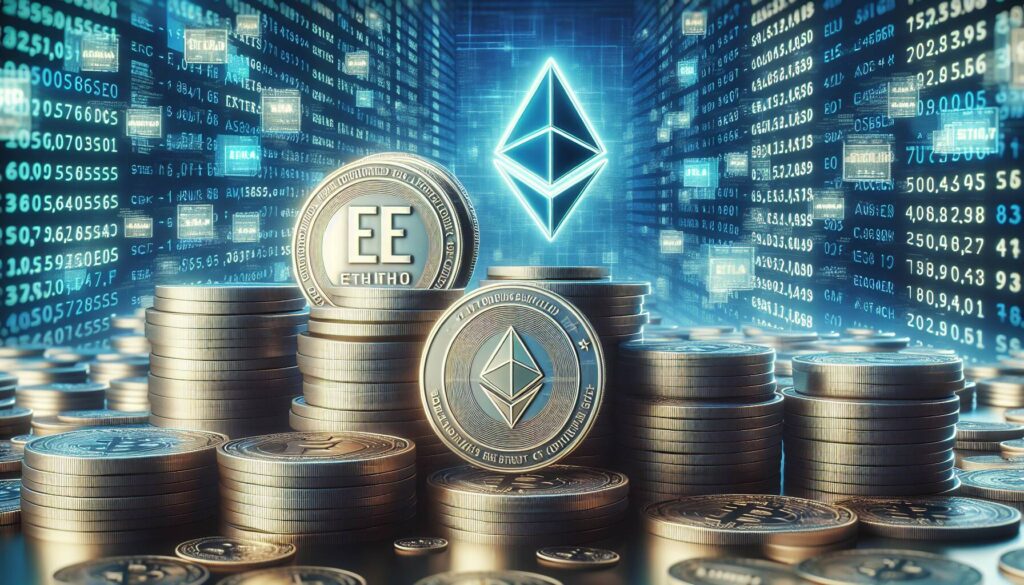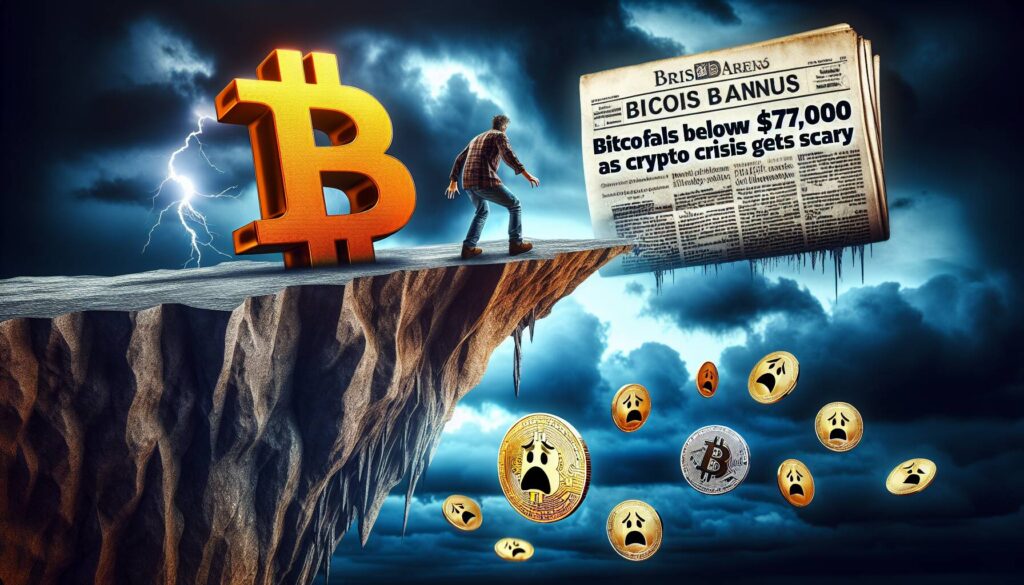In a significant move for the cryptocurrency and trading sectors, digital trading platform eToro (ETOR) announced on Tuesday its plans to launch tokenized U.S.-listed equities on the Ethereum blockchain. This development positions eToro alongside other competitive platforms striving to innovate traditional financial markets by incorporating blockchain technology.
The newly introduced ERC-20 tokens will correspond to shares held on eToro, allowing users to redeem these tokens back into conventional stock holdings. This strategic shift aims to enhance the trading experience by offering 24/7 market access, a hallmark of decentralized finance (DeFi) applications. “Our goal is to tokenize every asset on eToro – starting with stocks – enabling our users to move tokenized assets onto the blockchain and from there integrate them into the broader DeFi ecosystem,” stated CEO Yoni Assia.
“New crypto regulations like MiCA in Europe and the stablecoin-focused Genius Act in the U.S. make the tokenization of real-world assets a new opportunity to create digital assets that are legally backed and regulated.” – Yoni Assia
This venture follows recent trends in the industry, where several trading platforms are introducing tokenized equities. For instance, Robinhood recently rolled out similar features for its European users, while major cryptocurrency exchanges such as Kraken, Gemini, and Bybit have also joined the fray. This collective movement reflects a growing acceptance of tokenized assets, backed by eToro’s previous experiences in tokenization, including the acquisition of Danish token startup Firmo in 2019 and the launch of tokenized gold and silver.

eToro’s Plans for Tokenized U.S.-Listed Equities
Key points and impacts of eToro’s new initiative:
- Tokenization of Equities: eToro plans to offer tokenized U.S.-listed equities on the Ethereum blockchain.
- ERC-20 Tokens: These tokens will represent underlying shares and can be redeemed for traditional stock, enhancing flexibility for users.
- 24/7 Market Access: The initiative aims to provide around-the-clock access to trading, making it more convenient for users globally.
- Integration with DeFi: Tokenized assets will be compatible with decentralized finance applications, expanding investment opportunities.
- Regulatory Backing: New crypto regulations like MiCA and the Genius Act are seen as paving the way for legally backed and regulated digital asset creation.
- Competitive Landscape: eToro joins competitors like Robinhood and various crypto exchanges in offering tokenized equities, indicating a shift in the trading market.
- Previous Experience: eToro’s acquisition of Danish token startup Firmo and past endeavors in tokenization demonstrate their commitment and expertise in this area.
“Our goal is to tokenize every asset on eToro – starting with stocks,” CEO Yoni Assia stated.
eToro’s Tokenization of Equities: A Game Changer in Digital Trading
eToro’s recent announcement about tokenizing U.S.-listed equities on the Ethereum blockchain positions it as a noteworthy player in the ever-evolving landscape of digital trading platforms. This move aligns the company with rising trends in cryptocurrency, particularly the integration of traditional assets into the blockchain ecosystem.
Competitive Advantages: One of eToro’s significant advantages is its established reputation in social trading and user-friendly interface, which may attract a broader audience to its tokenized equity offerings. The ability to redeem tokenized stocks into traditional holdings provides a unique hybrid model that bridges conventional investing and blockchain technology. Furthermore, eToro’s strategic acquisition of Firmo suggests a robust underlying technological capability to support the ambitious expansion into tokenized assets.
In contrast, competitors like Robinhood and crypto exchanges such as Kraken and Gemini are also carving out niches with their tokenized stock offerings. While Robinhood leverages its large retail user base, it lacks the extensive global presence of eToro. Conversely, the recent decentralized finance (DeFi) movements from these platforms, while promising, may not offer the same level of established trust among investors as eToro.
Potential Challenges: Falling under the increasing scrutiny of regulatory bodies could pose challenges for eToro, particularly as it scales its operations to comply with laws like MiCA in Europe and the Genius Act in the U.S. Such regulations may complicate the rapid deployment of this service, potentially slowing down market momentum at critical junctures.
Beneficiaries and Problems for Stakeholders: eToro’s innovations could be profoundly beneficial for retail investors seeking 24/7 access to trade equities while gaining exposure to the DeFi ecosystem. On the downside, traditional brokers might feel threatened as eToro’s blockchain model offers new ways for users to sidestep conventional trading barriers. This shift could increase competitive pressures across the financial services industry, prompting a broader need for adaptation among firms to remain relevant in this rapidly changing market dynamic.















